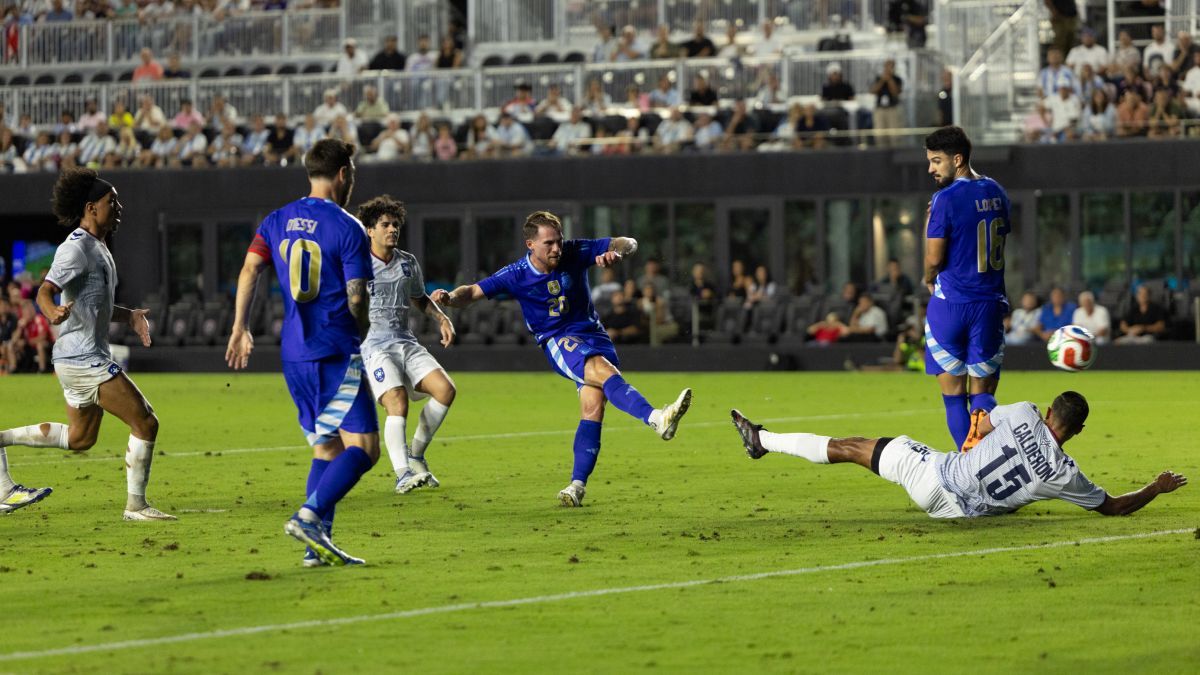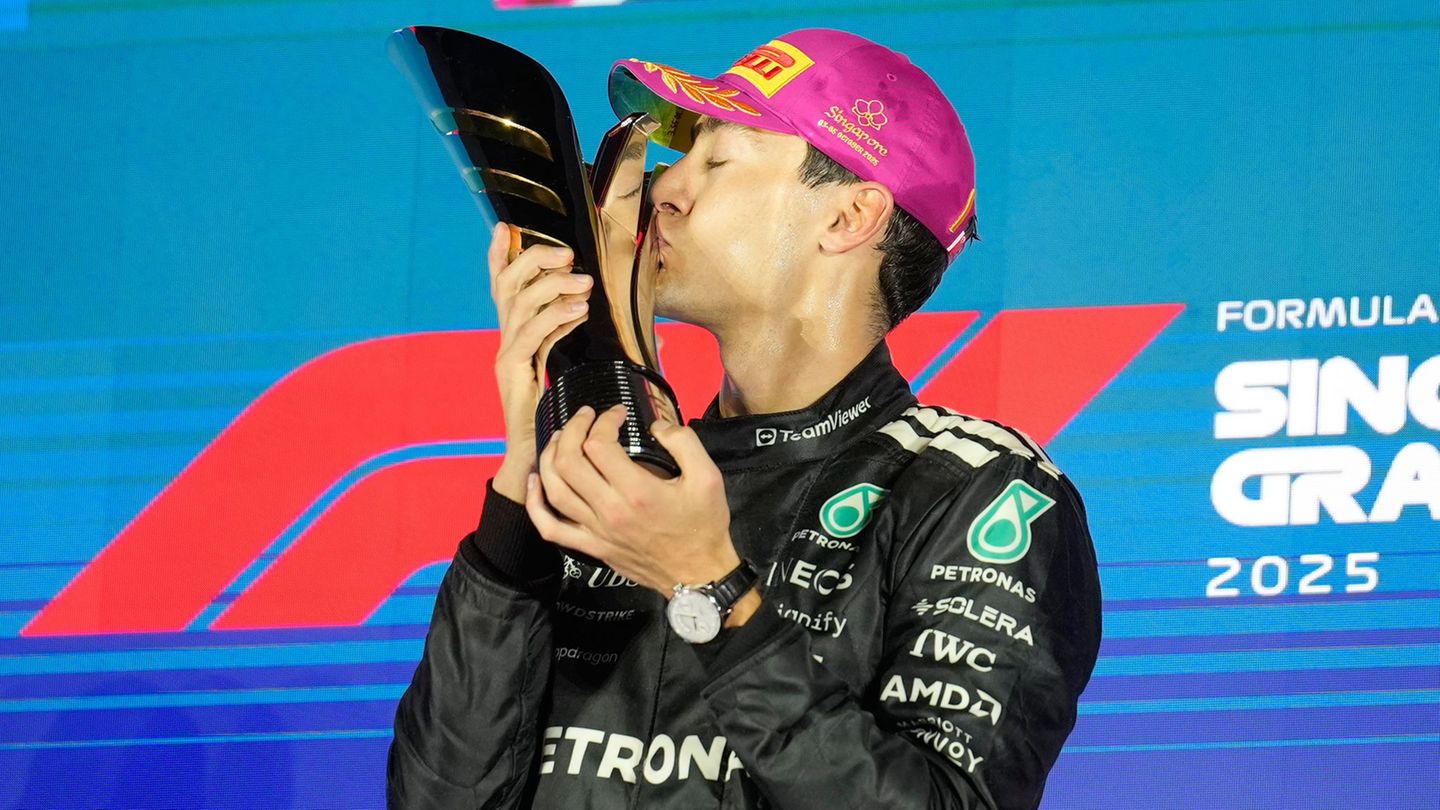NRW is facing an exciting state election. The CDU and SPD are very close to each other in polls. In the final spurt, every vote is fought for – including federal political prominence.
One day before the state elections in North Rhine-Westphalia, the parties are again campaigning for every vote on Saturday.
After the CDU, SPD and Greens held their central final rallies on Friday, federal and state celebrities will come to Düsseldorf for the final on Saturday for the FDP. In the state capital of North Rhine-Westphalia, Federal Minister of Finance Christian Lindner and Deputy Prime Minister of North Rhine-Westphalia and top candidate Joachim Stamp are campaigning for votes.
The CDU and SPD are fighting a close race in the polls – with a slight lead for the Christian Democrats. CDU Prime Minister Hendrik Wüst and his SPD challenger Thomas Kutschaty are campaigning in the streets on Saturday. Kuschaty is campaigning for votes in Essen, Düsseldorf and Gelsenkirchen. CDU top candidate Wüst travels to the doorstep election campaign in Lübbecke in East Westphalia, as well as to Bad Salzuflen, Wiedenbrück and Lippstadt.
Close race between CDU and SPD
On Friday, the CDU, SPD and Greens held their final rallies with many prominent politicians. In Altenberge in Münsterland, Wüst emphasized the importance of stable political conditions in order to “be able to do what is important” – that is the election campaign slogan of the North Rhine-Westphalia CDU.
Wüst received support from Schleswig-Holstein’s Prime Minister Daniel Günther (CDU), who won the state elections last Sunday by a wide margin. Chancellor Olaf Scholz appeared for the SPD in Cologne next to the cathedral and campaigned for the SPD’s top candidate, Kuchaty. At rallies in Düsseldorf and Cologne, Federal Minister of Economics Robert Habeck backed the Greens’ top candidate Mona Neubaur.
In several surveys, a tight race between the CDU and SPD has recently emerged. With around 30 to 32 percent, the CDU was only just ahead of the SPD with 28 to 29 percent. According to polls, the CDU/FDP coalition that has been in office since 2017 no longer has a majority. The outcome of the election and possible future coalitions are considered completely open. Around 13 million are entitled to vote in the most populous federal state on Sunday.
Greens could also score
The Greens are in polls at 16 to 18 percent and could achieve their best state election result. The FDP, which had become the third strongest force in 2017 with 12.6 percent, could only count on 7 to 8 percent. The AfD is 6 to 8 percent. With around 3 to 4 percent, the left would again miss entering the state parliament.
There could be several options for the next state government. According to surveys, in addition to a rather unpopular grand coalition of CDU and SPD, a black-green alliance or a Jamaica alliance of CDU, Greens and FDP would be possible. The SPD could also form a traffic light coalition with the Greens and FDP, as in the federal government. For a red-green majority, it is also just enough in some polls.
Even more than the elections in Saarland in March and in Schleswig-Holstein last Sunday, the vote in North Rhine-Westphalia, also known as the “small federal election”, is of national political importance. It is considered the most important mood test for the federal parties and the traffic light coalition in Berlin. Wüst only succeeded Armin Laschet, who failed as a candidate for Union Chancellor in the federal election, as head of government in NRW at the end of October 2021.
Source: Stern
David William is a talented author who has made a name for himself in the world of writing. He is a professional author who writes on a wide range of topics, from general interest to opinion news. David is currently working as a writer at 24 hours worlds where he brings his unique perspective and in-depth research to his articles, making them both informative and engaging.




